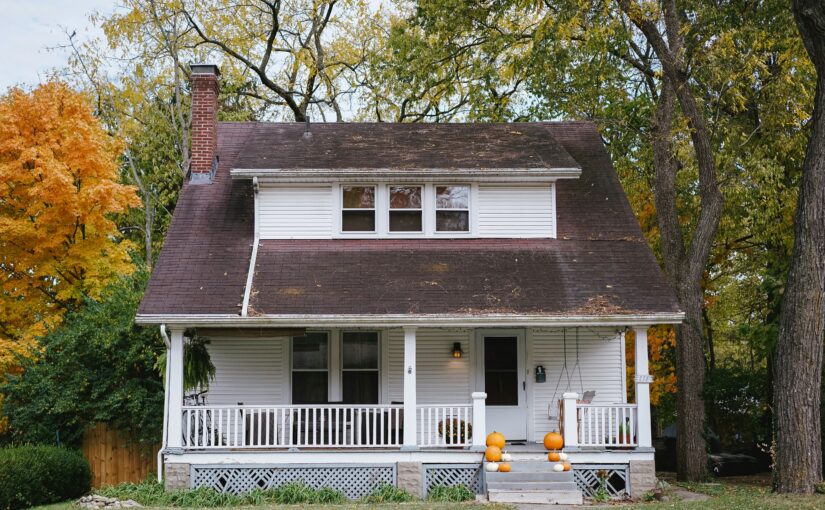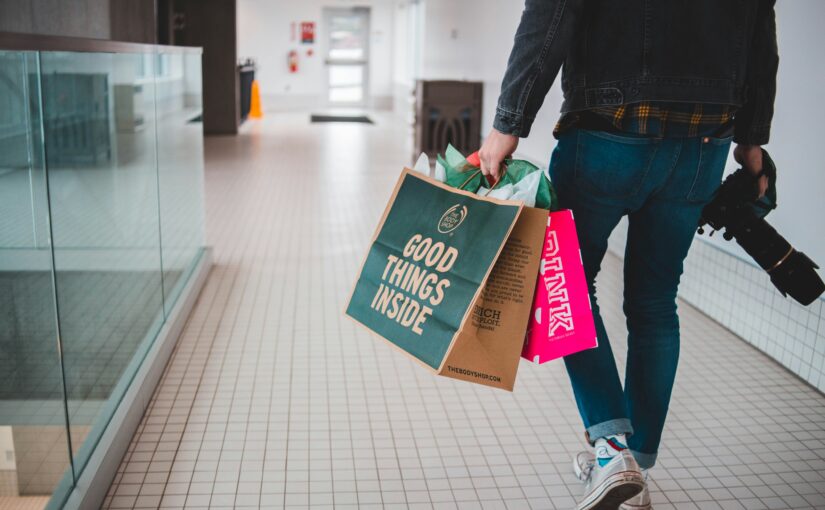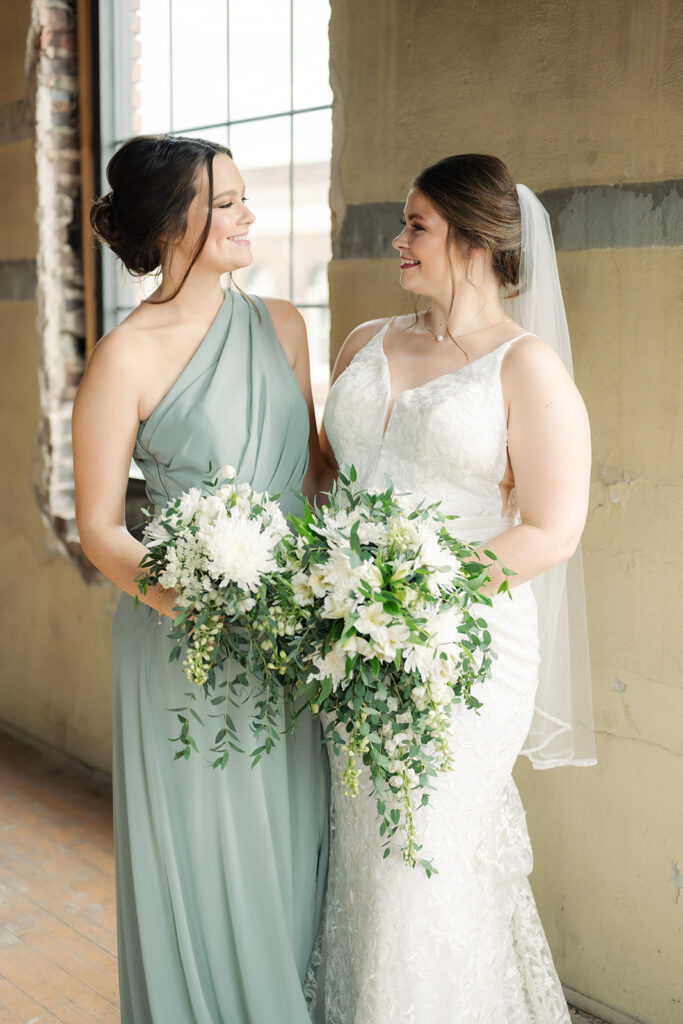Welcome back! In today’s post we will be discussing how to decorate your apartment or house on a budget. When I moved into my first apartment the first thing I wanted to do was decorate every inch of my room and living room. I quickly found out how expensive it is to decorate your apartment, but that did not stop me. Throughout this post I will be explaining different ways I was able to decorate my apartment without burning a hole in my wallet.
Ask Family and Friends for Decor
The best hack to saving money on decor for your apartment would be to bring decor from your parents, grandparents, aunts, uncles, etc houses. Simply asking your family if they have anything they are looking to get rid of or have no use for anymore. Quickly, you will be able to gather a lot of decor. Once you have it all gathered, go through everything and see if you can utilize these items to create a home within your apartment.
Thrift Stores, Dollar Stores, Garage Sales, Facebook Marketplace
Another hack I would suggest is to try looking for decor in thrift stores, garage sales, Facebook marketplace, or dollar stores. If you are wanting to keep your decor on a budget I would suggest going to these stores before going to more expensive stores. Try and buy used items instead of brand new. This is also a great hack for furniture as well.
Reuse Decorations, Do Not Buy Brand New Decorations for Every New Season
Lastly, I highly recommend reusing your decorations every year. Many people choose to buy all new decorations every holiday season and that can tend to become expensive. Now, if that is what you would like to do there is absolutely nothing wrong with that, but if you are on a budget I would highly recommend trying to reuse at least a few decorations to lower the costs of decorations for that year.
These are just a few ideas to think about when you want to start decorating your home whether that be for the holidays or just for fun! Thank you for joining me this week and I hope to have you back next week!
See you soon!!









